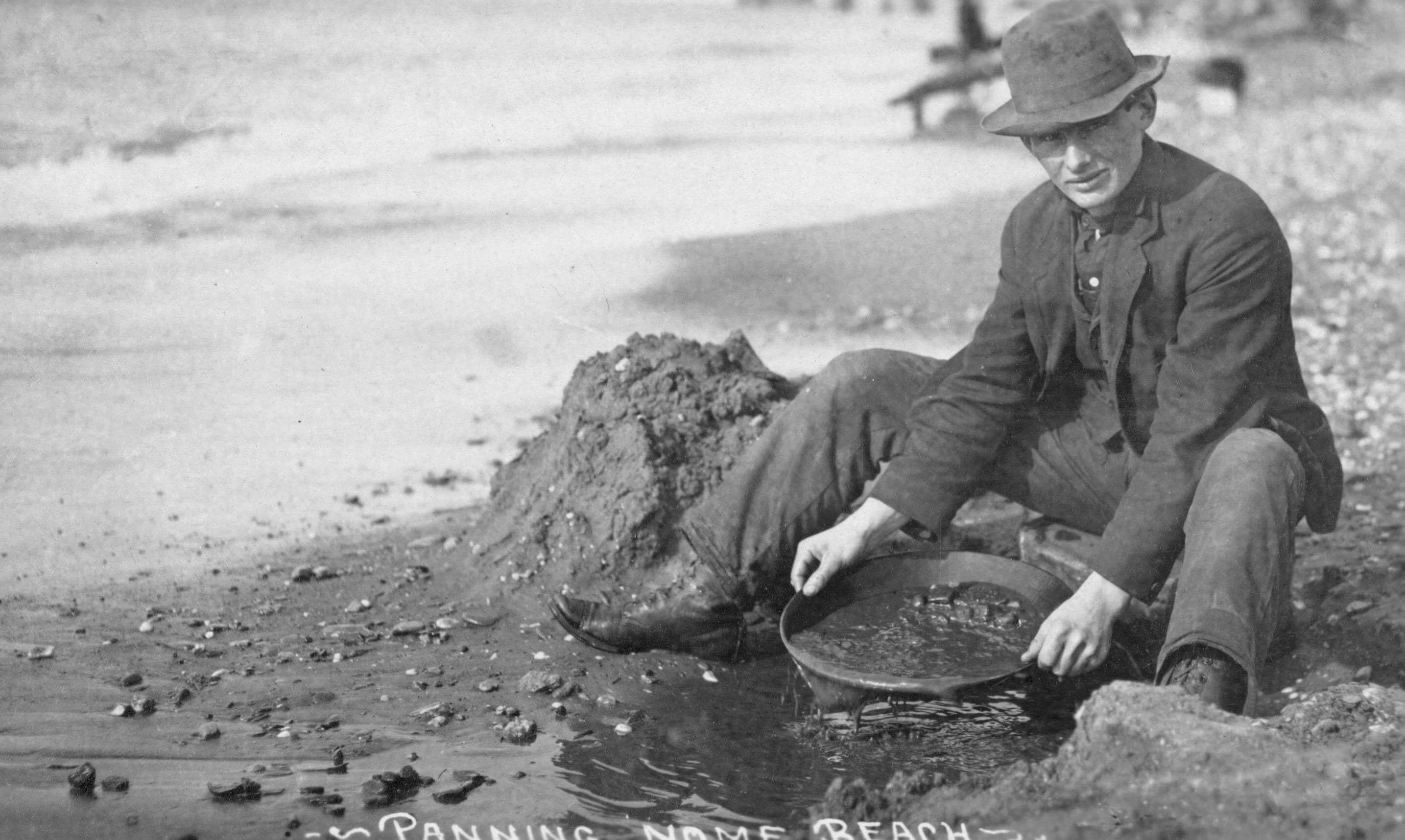Is the solution to economic inequality for billionaires to give it back? Author David Callahan talks to the University of Pennyslvania’s Knowledge@Wharton podcast host about his new book, The Givers: Wealth, Power, and Philanthropy in a New Gilded Age, in which he wites about this topic.




















